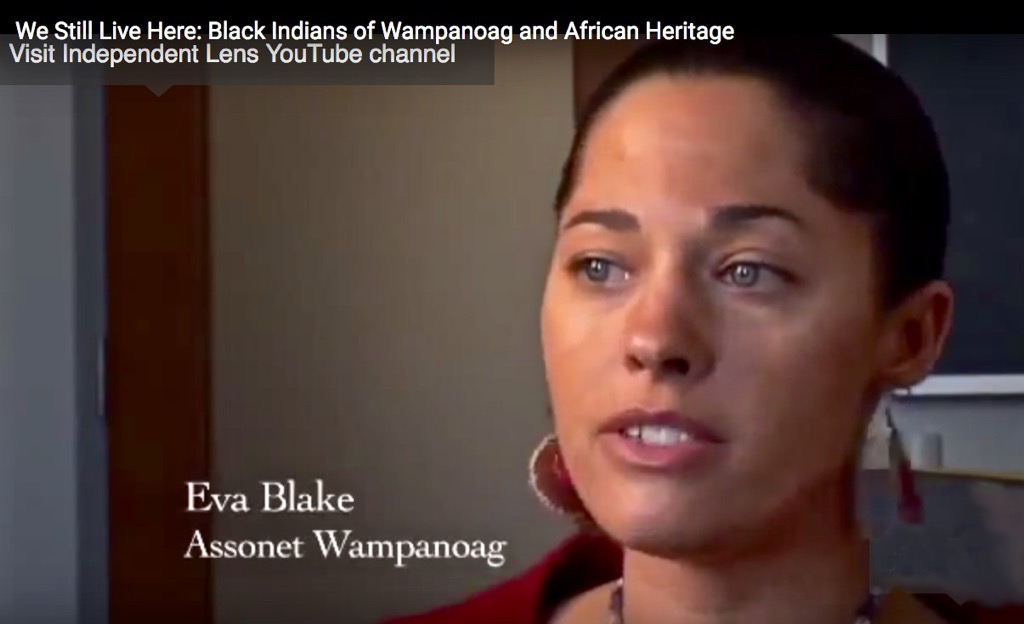I’ve been trying to find out if the Quonahassit people, when they were pushed out of Cohasset, Mass., joined up with the Wampanoags or the Massachusett, or some went to each. I started out assuming that since they were Massachusett, they would have joined up with that nation. But I can’t find a definitive answer. Another possibility is that a Christian Quonahassit could have joined the Brothertown Indian Nation, which kept relocating westward until they wound up in Wisconsin. (And it’s possible there were at least a couple of Christian Quonahassits, since two Native people joined the Cohasset church in the 1730s.)
In any case, sometime during the course of this research, I ran across a statement by some Native person who said that a land acknowledgement is meaningless unless you have a relationships with the people whose land you’re acknowledging. While this is one Native person’s opinion, this makes sense to me: if you don’t have that relationship, a land acknowledgement can come across as empty words.

